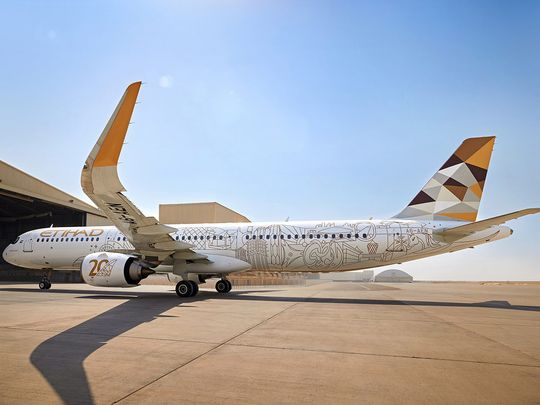
In July alone, the airline carried 1.7 million passengers, marking a 33% increase compared to the same month in the previous year. This uptick in passenger numbers reflects a broader trend of recovery and growth within the aviation sector, bolstered by a resurgence in global travel and the expansion of Etihad’s route network.
The boost in traffic is attributed to several factors, including the airline's strategic adjustments in response to evolving market conditions and the introduction of new routes. Etihad Airways has enhanced its flight offerings, focusing on high-demand destinations and optimizing its schedules to better serve its customers.
In addition to increased passenger numbers, Etihad has also reported improvements in load factors and seat occupancy rates. This uptick indicates a strong recovery trajectory, as travel restrictions have eased and consumer confidence in air travel continues to rise. The airline's focus on customer experience and service quality has played a crucial role in attracting and retaining passengers.
Etihad’s performance aligns with broader industry trends, as airlines worldwide witness a rebound in passenger volumes following the pandemic's peak. The aviation industry is seeing a resurgence in international travel, driven by pent-up demand and increased connectivity.
The airline’s expansion strategy includes not only new routes but also enhancements to its existing services, aimed at improving convenience and comfort for travelers. Etihad's commitment to innovation and operational excellence is evident in its continued investment in modern aircraft and technology, ensuring a high standard of service and efficiency.
As Etihad Airways moves forward, it is expected to maintain its growth momentum by leveraging its strategic initiatives and adapting to changing market dynamics. The airline's ability to navigate these changes successfully will be crucial in sustaining its competitive position in the global aviation market.
Topics
Live News
